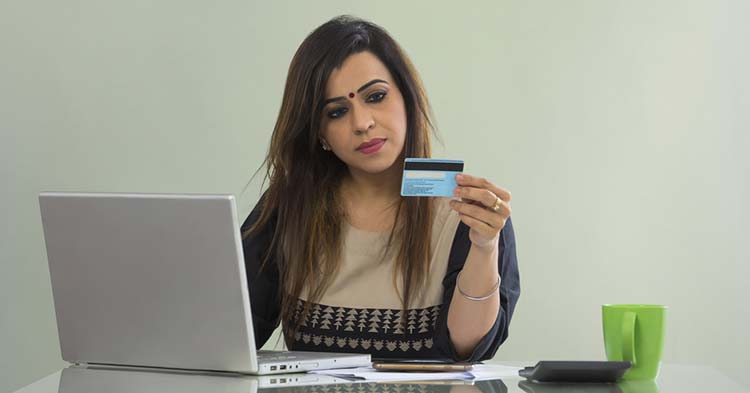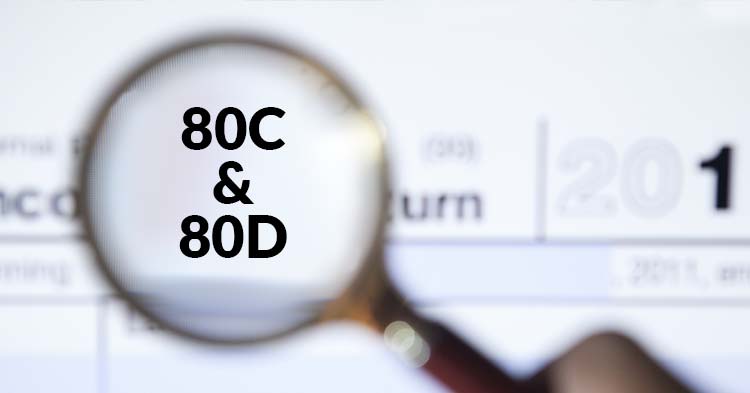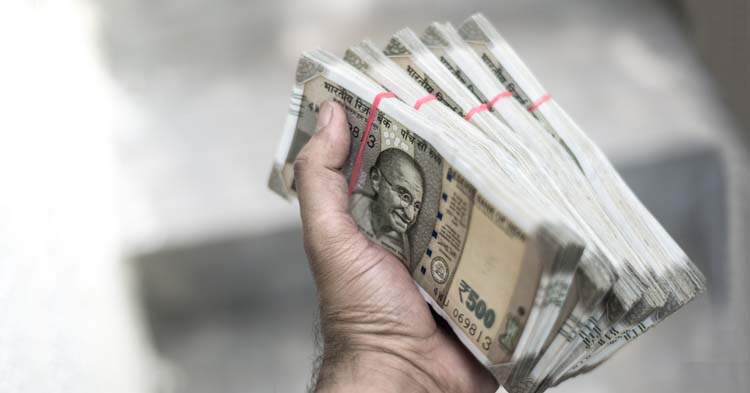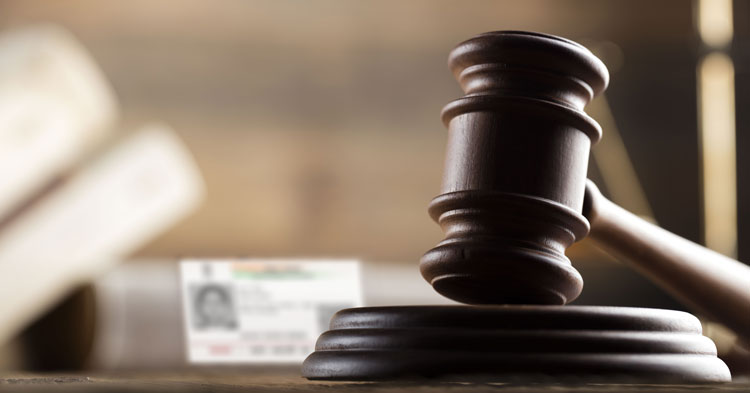OneInsure Blog
Do You Have Too Many or Too Few Bank Accounts?
You wake up one fine morning and there is an SMS from your bank that goes:
Rs 90,000 debited from your bank account XXXXX0985 towards…
You read the message again and can feel the perspiration and the speed of your heartbeat rising as panic sets in. You have not authorized this transaction and nor have you given anybody a cheque of such a big amount.
You then remember how a couple of days ago a sweet-sounding lady had asked for your credit card details over a phone call for apparently porting your credit card to a contactless card. You had given her the details freely, which you now realize you should not have done…
You have just been given a rude welcome to the world of bank frauds. The fraudsters have cleaned out your account. You now have a few hundred rupees left of your life savings – that’s it.
One Bank Account Is Not Enough
For the reasons mentioned above, the OneInsure Research Desk suggests that every earning urban Indian should have more than one bank account. Bank frauds have become everyday affairs, with scammers getting more and more smart in the techniques they use to defraud innocent customers. If you have a single account and you are a victim of fraud, you lose all your money in one go.
Here are some other reasons why you should have more than one bank account:
- If you only have a single bank account, it is an indication that you do not have an emergency fund. An emergency fund of 6 – 8 times your monthly salary should always be parked away in a separate bank account and untouched except in cases of emergencies.
- If you lose or misplace your credit/debit card, you have no easy way to access funds. Moreover, in such cases, you are constantly worried that someone will find your card and use it for fraudulent transactions.
- Security is compromised if all your savings are in a single bank account. If someone gains access to your PIN or Net Banking password, they can clean out your account in one go, leaving you in a dangerous predicament.
- Several banks charge a significant sum for ATM transactions beyond a fixed number of free transactions. The fewer ATM cards you hold, the greater the sum you will have to pay as ATM charges.
Too Many Bank Accounts Are Not Healthy Either
A recent study’s data submitted in the Parliament and published in the Times of India found that public sector banks charged INR 6,246 crores in 3.5 years from depositors who could not maintain the minimum balance in their bank accounts. This large figure is only for public sector banks. The number would be much larger if private sector banks’ figures were to be added to this.
Having too many bank accounts creates this type of disorder with one’s finances. Here are some other reasons why one must not have too many bank accounts:
- You are wasting money by paying extra charges for various services provided by the bank, for example, ATM charges, SMS alerts, and so on. The more the number of bank accounts, the more the amount of money paid on these services.
- Not only is maintaining the minimum balance between all your accounts a tough task, but you also have to keep your bank accounts active by transacting at least once a month.
- In an effort to maintain sufficient balance in too many accounts, you lose out on opportunities to invest your money and let it grow at a faster rate than bank interest rates. For example, ULIPs, mutual funds, guaranteed plans, and so on.
- Having too many accounts increases your paper trail, which makes several financial mandates unnecessarily complicated; for example, paying income tax.
So, How Many Bank Accounts Should a Person Ideally Have?
BFSI experts agree that the ideal number of bank accounts for an urban, salaried Indian is three, structured as follows:
Salary Account
The salary account is meant for the incoming salary and the bank is often chosen by the company or business you are employed with. This is where the money goes out to the other two accounts. It is suggested you use Net Banking or BHIM, an app launched by the government that enables fast and secure money transactions via mobile phone, to transfer money from this account.
It is good practice not to apply any ECS mandates to this account because when you change or leave your current job, it becomes difficult to redirect ECS mandates to a different bank account.
Spending Account
This is your most important account and will be the most heavily used one too. As the name suggests, this account will be used for all expenditures. Moreover, all your ECS mandates will be attached to this account. Take care to open your spending account with a recognized, nation-wide bank. When you travel out of state, you should be able to use this account’s credit/debit cards freely.
Emergency Cash Account
As mentioned earlier, a dedicated bank account must be assigned as your emergency cash account. This money should not be touched unless in a medical or family emergency.
Ensure the bank interest rate is on the higher side and also that you transact at least once a month through this account to keep it active. Your emergency cash must be at least 6 – 8 times your monthly salary. Just like your spending account, this account should be with a well-distributed bank so that in case of emergencies you can easily find an ATM to withdraw cash from.
If you wish to have a joint account with your spouse, it should be the emergency cash account because it will allow both of you quick access to this cash in case of an emergency.
--
Loved this article? Want to read more? All you need to do is send “Start” through WhatsApp on 98202-25238 to get useful articles right on your WhatsApp for free. Here are some additional services we offer:
• Ask all your insurance queries to our experts right on WhatsApp
• Get tax certificate
• Surrender your policy
• Change policy details
• And many other services
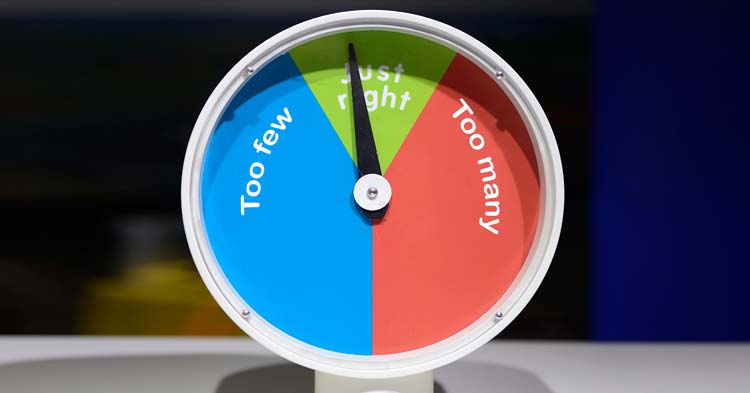

 Comments
Comments

 Right Number of Bank Accounts, Savings Account
Right Number of Bank Accounts, Savings Account
